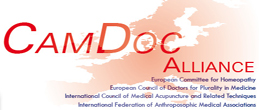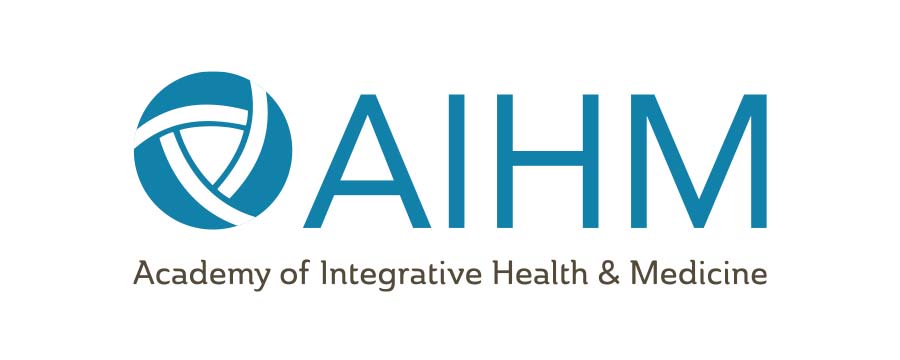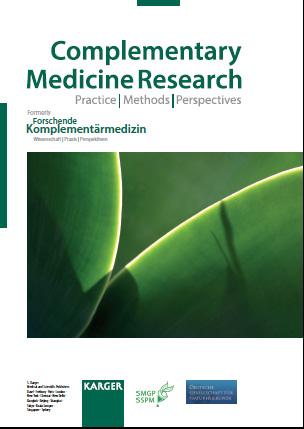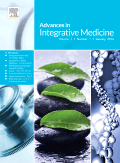What is salutogenesis?
Integrative medicine takes into account the human´s physical-biological, spiritual and mental apects as a whole, and uses the term "salutogenesis"It goes without saying that medicine as as science has developed along to the advances of naturals sciences tremendously over the last 150 years. From the mystery of the ancient priest-medicine has emerged a huge amount of knowledge and skills - which is used for example in the treatment of infertility or acute / intensive care. With the discovery of the pathophysiological and morphological phenomena underlying a disease medicines and therapeutic interventions could be deleveloped and causal treatments could be supplied. The benefits of these achievements have been a blessing to mankind. However, the more the so-called biological medicine gathered understanding of the human physical-biological aspects the more the other parts of human nature like soul and spirit had to step back. Consequently, the knowledge and methods of treatments regarding these aspects of human nature are not advanced at the same pace. Although modern technology find more and more neurophysiological processes and biochemical pathways underlying the sensual and mental processes, not the soul or the spirit can be explained by neurotransmitters or receptors, even if neurophysiology or neurophilosophy sometimes this claim. Integrative medicine is based on the principle of a holistic and comprehensive approach that takes into account the bio-physical factors, the human soul (psyche / emotional side) as well as mental (ego / self) side.
The pathogenetically and particularistically orientated perspective regarding diagnosis and treatment in mainstream medicine may easily forget that human health is not self-evident, but it requires a person's own activity. Disease encounters also its own healing opportunity that can be utilized in diagnostics and therapy. Integrative Medicine and the majority of CAM are based on the so-called "salutogenetic principle".
Although the salutogenetic principle is known for a long time and has its roots in antiquity, the term generally associated with the name of Aaron Antonovsky (1). Reflecting on the reason for disease Antonovsky set up the question of why people can stay healthy even under potentially unhealthy conditions, and why a man will recover from illness often without outside help. According to Antonovsky one should not only search for and remove factors which cause illness but also seek and support the factors that contribute to and maintain health. In Antonovsky's model the core concept is the existence of a "sense of coherence", which describes how well a person is in harmony with his physical, spiritual, social and cultural environment.
In his formulation, the sense of coherence has three components:
Comprehensibility: a belief that things happen in an orderly and predictable fashion and a sense that you can understand events in your life and reasonably predict what will happen in the future.
Manageability: a belief that you have the skills or ability, the support, the help, or the resources necessary to take care of things, and that things are manageable and within your control.
Meaningfulness: a belief that things in life are interesting and a source of satisfaction, that things are really worthwhile and that there is good reason or purpose to care about what happens.
According to Antonovsky there are no purely sick or healthy people. Sickness and health are alway in a processual relation which has to be balanced by the human body all the time. Medical interventions support the human body in maintaining and getting back this ballance, if the own forces are not strong enough.
Before Antonovsky, already in the 1930s Grote (2) used the expression, "hygiogenesis" which describes that illness and health are the achievements of the human body, and do not arise solely due to external factors. This hygiogenetic potential should be considered in the treatment of disease.
Even before Grote, Rudolf Steiner, an Austrian philosopher, used already in 1922 (3) , the term "therapeutic physiology" (Therapeutische Physiologie) that health is not a static state but emerges all the time out of minimal spontaneous rhytmicilly alternating processes of health and illness. Thus, health is the ability of the human body to maintain consistently and actively the physical, spiritual and mental balance facing all the time external disease-causing agents.
"Salutogenesis", "hygiogenesis", "terapeutic physiology" - all these terms point to human´s spontaneous inborn active ability to stay healthy or recover from a disease. Illness can be seen as the reason behind the launch of healing processes. Only if this spontaneous ability of healing fails, external assistance or therapy is required (4).
Integrative medicine takes into account that man has the potential of salutogenesis and supports this processes with therapeutic intenventions if needed.
1) Antonovsky A. Unrevealing the Mystery of Health: How People Manage Stress and Stay Well. San Francisco, Jossey-Bass, 1987
2) LR Grote. Der Arzt im Leben von Angesicht, Krankheit und Tod. In: Rothschuh KE (Hrsg.) Louis grote. Stuttgart: Hippocrates 1961.
3) R. Steiner Anthroposophical Grundlagen für die Arzneikunst (GA314). Dornach: the Rudolf Steiner Verlag, 1989.
4) Matthiessen PF. Der Hochschulgedanke Rudolf Steiners und die Universität Witten / Herdecke. In: Heusser P und Weinzirl (Hrsg.). Rudolf Steiner: Seine Bedeutung für die Wissenschaft und Leben heute. Schattauer Verlag, Stuttgart 2014.












